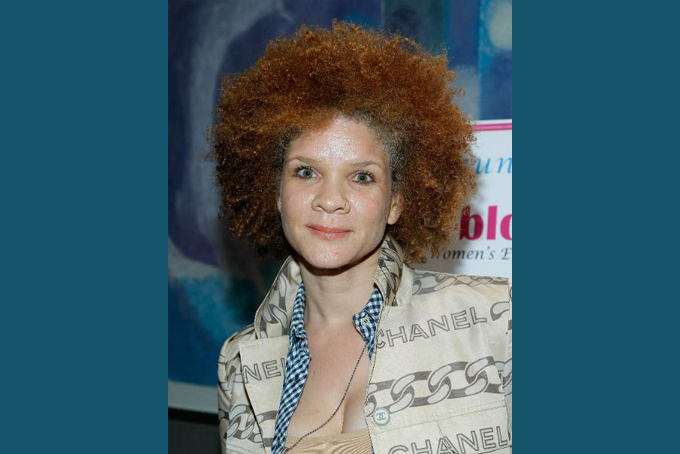
by Michaela Angela Davis
(CNN) — “I was suicidal in college,” a Harry Potter-looking hipster recently told me. The young man’s words stunned me. It wasn’t his age or gender or style that took me by surprise. It was because he’s Black.
Even though suicide is the third leading cause of death for Black males ages 10 to 24, I had no immediate image, no ready reference for a young Black man hurting so bad he wanted to die or for a Black man so sick he was driven to kill.
The recent mass shooting by Aaron Alexis at the Washington Navy Yard was horrific and tragic. It made me think about the interior lives of black men — about how little anyone knows how black men feel when they’re in agony or depression.
Black man in pain is a story rarely told.
Hip-hop is considered a safe and powerful space to tell Black men’s stories. Yet Eminem is the rapper best known for narratives about suicide, addiction and emotional pain.
It’s easy to imagine someone who looks like Eminem, Kurt Cobain or Alexander McQueen as suffering from depression. But Lee Thompson Young? Not so much.
There’s no quintessential cult movie — a “Black Boy, Interrupted” so to speak — where we see a Black man who struggles with depression or distress. There are even fewer examples of Black men seeking help. “The Bob Newhart Show,” “M*A*S*H,” “Frasier,” “In Treatment” and “The Sopranos” are all shows involving men in or providing therapy. They are all White.
It’s hard to believe what you’ve never seen.
The conventional narratives about Black men tend to be narrow and depthless. They are often presented in two distinct and superficial ways — as the criminal or as the incredible. Sometimes you’ll see them behind bars or in the courtroom. Other times you’ll see them in the limelight. Just turn on the TV and the Black men you see are actual or fictional lawbreakers. Or they are superstars.
Aside from these two stereotypical identities, we know nearly nothing about the inner lives of Black men. Are they complex? Are they unknowable, untouchable, undesirable or unworthy of help in our collective societal imagination?
It is clear that Aaron Alexis was very sick. He had a “pattern of misconduct” while he was at the Navy. His symptoms weren’t a secret. He even went to a Veterans Affairs hospital seeking help for sleep-related issues.
There’s been a lot of discussion about him slipping through the cracks and receiving security clearance, being able to enter the Naval Sea Systems Command building easily. But what concerns me is the fact that even though his behaviors raised eyebrows, he wasn’t checked for mental illness.
Alexis massacred 12 people like a mad man. The surveillance video showing him armed with a shotgun prowling the building is chilling.
The question is: Can we as a society become more sensitive to Black men who need help?
We can start with the book “Black Pain: It Just Looks Like We’re Not Hurting” by Terrie Williams, which provides an intimate and honest exploration of the interior lives of Black men. We can also encourage the media to look more closely at Black men and their emotional complexities. We have to be familiar with one another’s pain. Knowledge can reduce ignorance and enlighten us.
Editor’s note: Michaela Angela Davis, a writer and activist, was the executive fashion, beauty and culture editor at Essence, editor in chief of Honey magazine and fashion director for Vibe magazine.